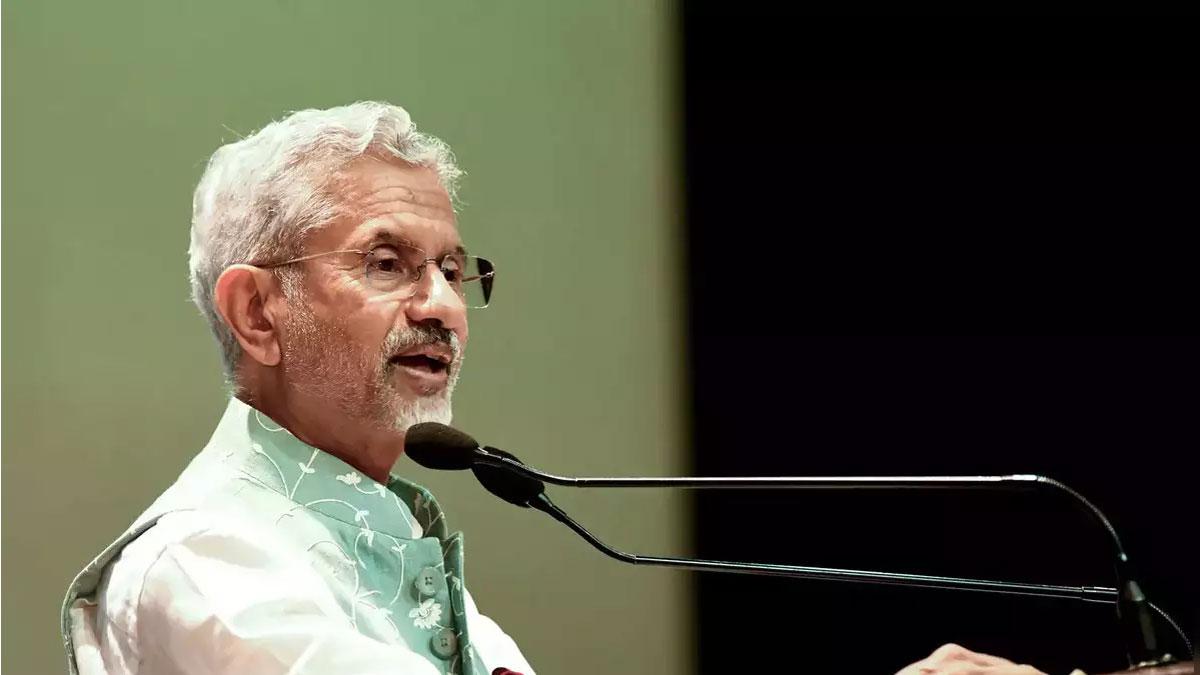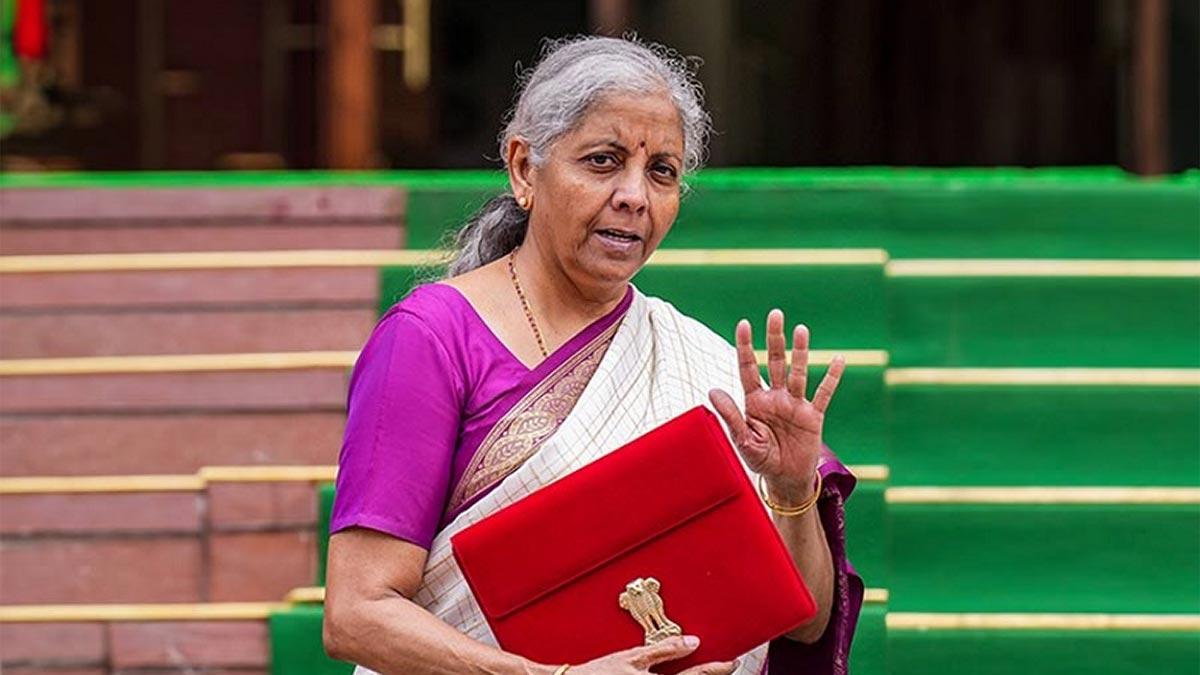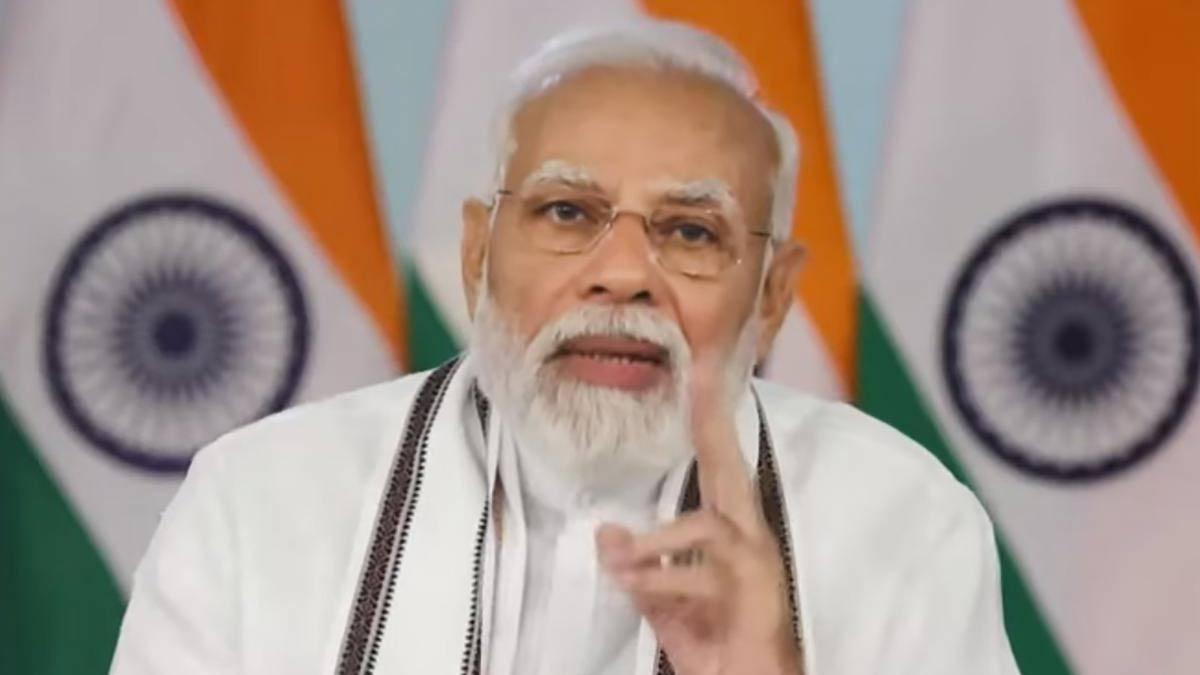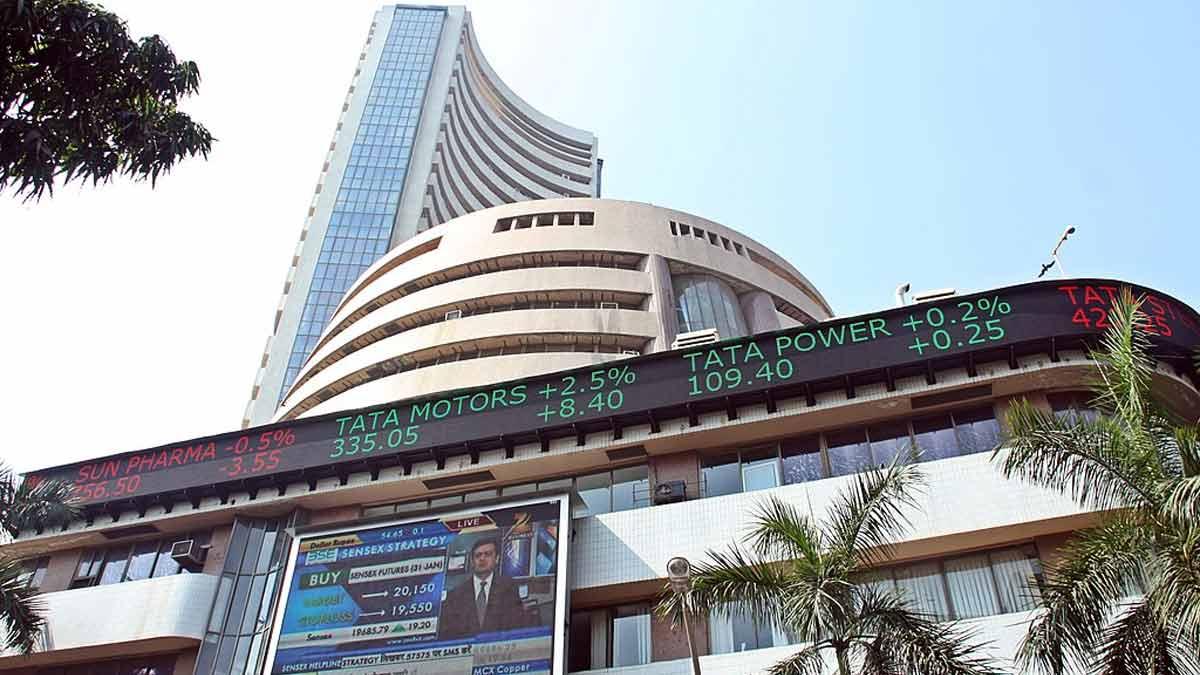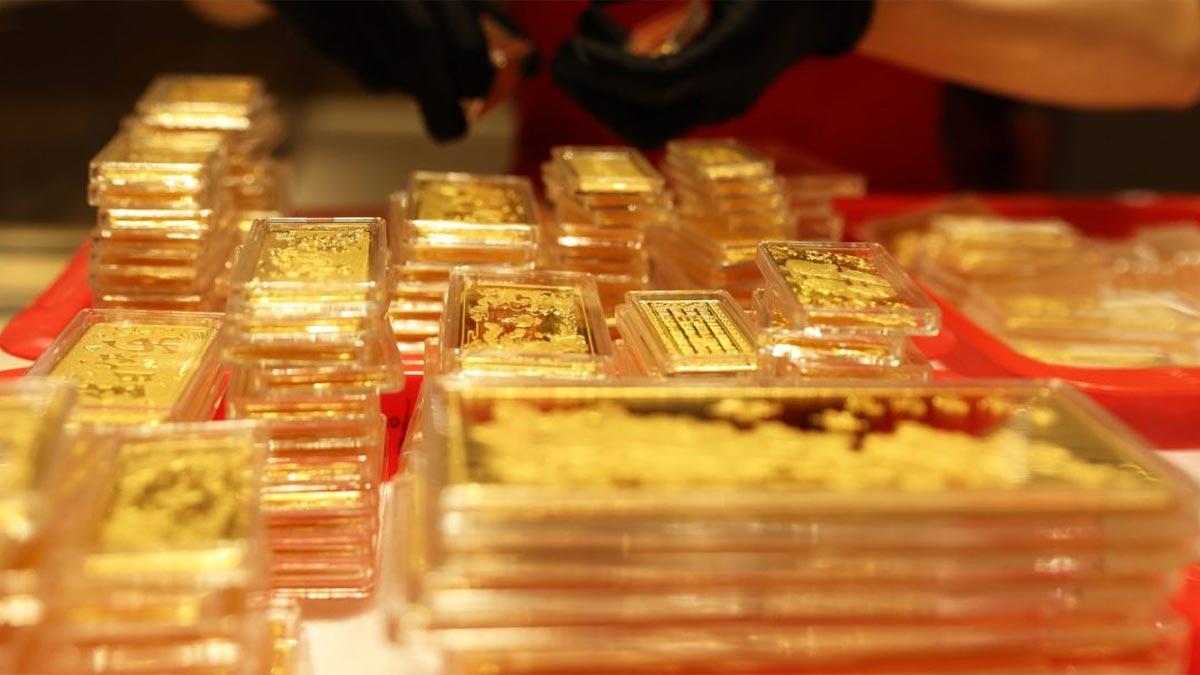India's External Affairs Minister, S Jaishankar, has identified the critical link between strengthening domestic manufacturing and building global influence in the world, particularly in relation to China. Jaishankar traced India's renewed focus on manufacturing under the leadership of PM Narendra Modi over the last decade, pointing to the previous neglect that hampered progress before 2014.
The necessity for India to enhance its manufacturing capabilities to compete effectively on the global stage, particularly due to the competitive nature of international relations, especially with China as a neighbor, was an important one, he stressed. Jaishankar stated that self-reliance and building economic strength at home are fundamental to a robust foreign policy.
On being asked about the growing bilateral trade volume between India and China despite ongoing border tensions, Jaishankar said this was due to the historical neglect of the manufacturing sector in India before 2014. Isn't the argument illogical? he asked, comparing it to expecting normalcy when an unfriendly presence is at one's doorstep.
Jaishankar reiterated that peace and tranquility along the LAC constituted a prerequisite for normalization of relations with China. However, he acknowledged that trade between the two countries was steadily growing, largely due to India's imports from China, despite the trade deficit.
He said the government was taking several initiatives to promote manufacturing, including 'Make in India' and the 'Production Linked Incentive' (PLI) schemes. The minister also engaged with skepticism about India's manufacturing ability, reiterating the need to correct past neglect in boosting domestic production.
Jaishankar expressed optimism about India's future because of the immense talent among the younger generation and the government's collaborative approach to challenges. He said Prime Minister Modi's style of functioning was to make sure that there was a cohesive team effort across ministries to address various issues and drive the country's development agenda.
India's Frustration Mounts as IMEC Project Faces Implementation Hurdles
Implementation of India-Middle East-Europe Economic Corridor currently delayed due to West Asia situation: S Jaishankar.External Affairs Minister S Jaishankar said that the implementation of India-Middle East-Europe Economic Corridor is currently delayed in view of the situation in West Asia. However, he asserted that all stakeholders are committed to the initiative for establishing a ship-to-rail transit network between India, Middle East and Europe.
Jaishankar admitted that there was a delay, which was a concern, as expectations were that the agreement signed in September would be implemented sooner. He, however, said that all parties to the project were enthusiastic about it.
IMEC has been described as a 'historic' initiative in the integration of Asia, Middle East and the West with a comprehensive network of road, railroad and shipping besides electricity cable network, hydrogen pipeline and a network for high-speed data cable.
Such initiatives will spur economic growth in partner countries, according to the plan.
Analysts say that IMEC is a strategic initiative by like-minded countries to counter China's Belt and Road Initiative. BRI is criticized for lack of transparency and putting aside sovereignty of countries with a view to connecting China with Southeast Asia, Central Asia, Russia, and Europe.
The initiative for IMEC was finalised during the G20 Summit at Delhi where India and Saudi Arabia along with the European Union, the UAE, the US, and other G20 partners signed an agreement for the corridor. But the rollout of the initiative has been delayed due to the security situation in West Asia.
Tensions between Israel and Palestine have escalated after the attacks on Israel by Hamas, with calls for de-escalation and resumption of direct peace negotiations for a two-state solution to the Palestine issue.
Read also | Tata Motors' Q4 Net Profit Soars to Rs 17,410 Crore, Up by 222%
Read also | Meesho Secures $275 Million in Funding for Social Commerce Platform

